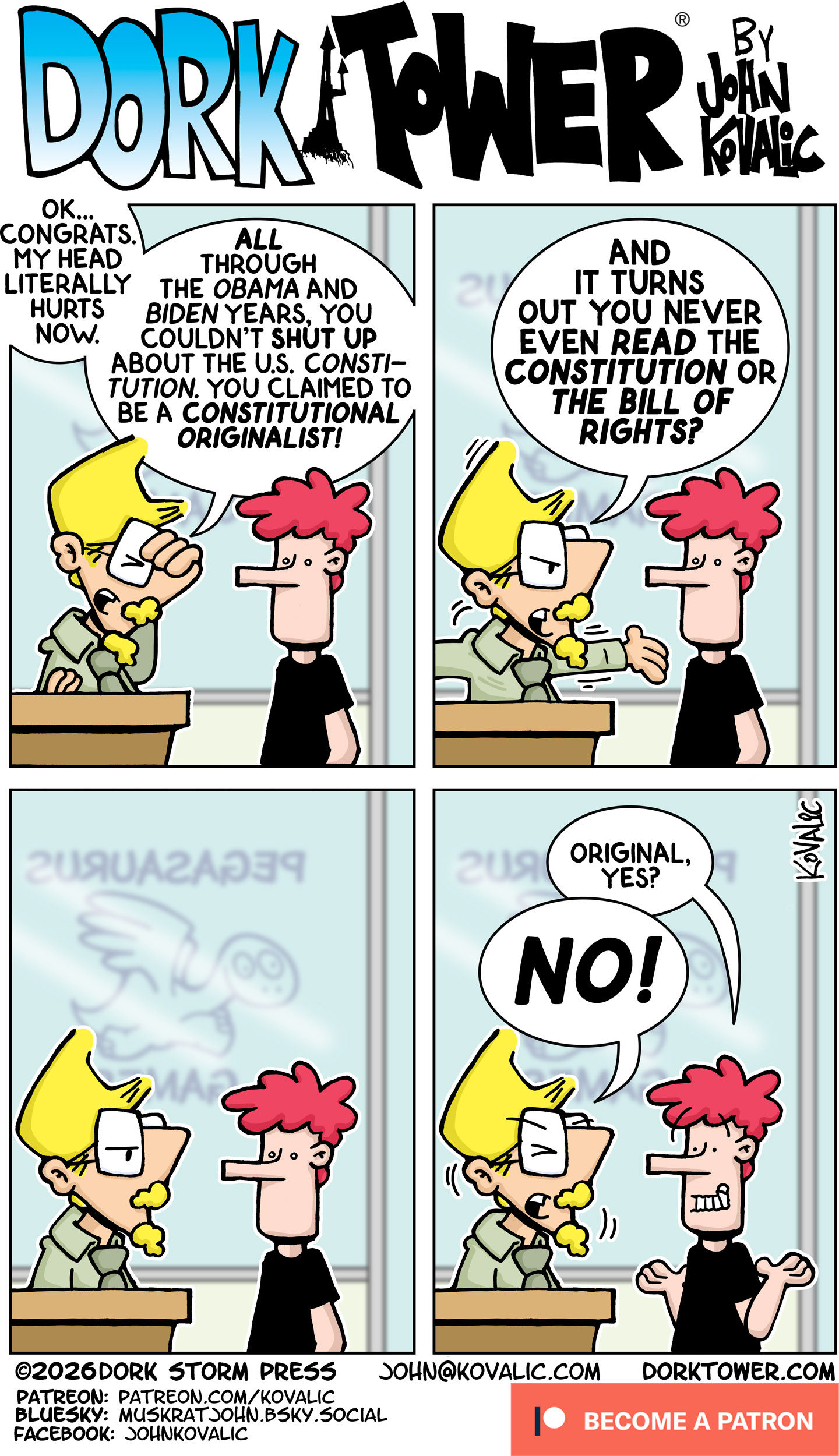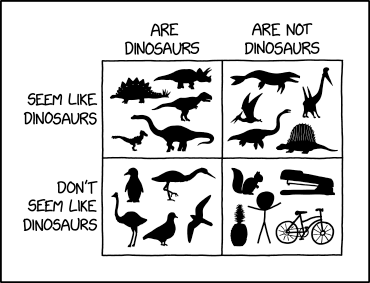I am a paid subscriber to the Guardian. Thanks to the wonders of modern digital technology, I regularly find myself logged out from their website. Today I launched a number of tabs from their main page, and read a couple before they started demanding I log in to continue reading. After I logged into one tab, I had to do it again on every single remaining already open tab, though at least clicking on login was enough - I didn't have to provide account and password - though they did require a second click on a confirmation screen before I could read the article in that tab.
One of the tabs was
In an era of frictionless digital experiences .... It was one of those requiring this annoying login friction. And I couldn't find any way to leave a comment about the inanity of the author's belief in frictionless digital, short of a formal letter to the editor.
In other news, Nextdoor has changed something about their spam messages such that I had to personally classify yesterday morning's message as spam. Hopefully that will shut them up again for a time.
On the good side, I'm enjoying setting up my Kubuntu system, and hopeful that most of the friction I'm experiencing is just learning curve, and any changes I make will result in things staying fixed.
But a large ugly raspberry to Steam, where I was reduced to searching a very large directory tree, looking for files containing a particular string, to find the files I needed to edit to take various games out of full screen mode, since they've broken the UI they used to have for doing this. That took a while, and was probably beyond the capabilities of anyone who didn't grow up on the command line with tools like find, xargs, and grep. (Maybe Kubuntu has a contents search GUI - IIRC, MacOS does - but if so I haven't found it.)
Also a small raspberry to
Good Old Games, for reacting to changes in linux distros by making various games no longer available for linux, rather than either updating their dosbox packaging, or offering the old packages - or even the raw games - with a warning that you'll need to download and configure a recent dosbox yourself. (I salvaged my copies of the obsolete versions from a backup. And I'm not happy that GOG promises I can re-download any game I bought from their library, forever, but at this point to get those games I'd probably have to download them from a windows system.)























